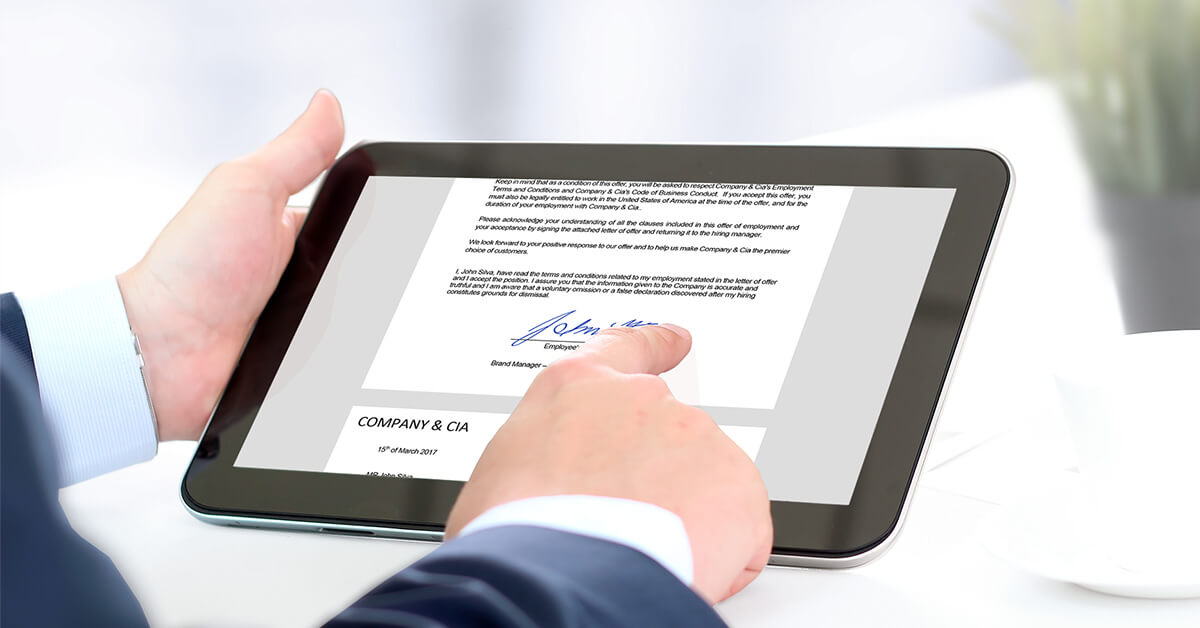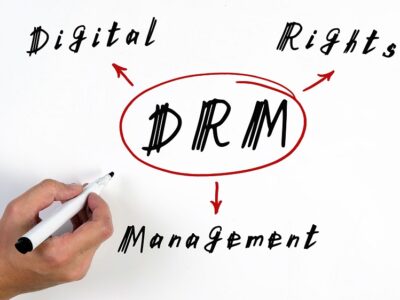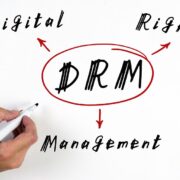
Introduction
Lawyers and firms work with deadlines for briefings, court hearings, filings, etc. They need to work fast and innovative to save time for better research, strategizing, etc. Law firms are using video and collaboration apps to interact with their client, eSignature softwares to save time and fast paperwork, and several other apps for digitization. With such software solutions being used, legal documents are now majorly being created, shared, and affixed with signatures, all in digital format. It is important to note that electronic signatures are a legal format with guidelines and laws governing them. The legality of electronic signatures is not recent; it has existed for over two decades.
With law firms leaving behind paper documents affixed with authenticity stamps or signatures, it becomes essential for them to move to electronic signatures, such as Signeasy, which provides eSignature for law firms. eSignature software gives documents the surety of provenance, identity, and status, along with the acknowledgment that the document has the approval and informed consent of the signatory.
Why use electronic signatures?
Below are some reasons why law firms should use eSignatures for their digital documents.
● Authentication
It is possible to use an eSignature to authenticate the source messages’ identity. This is because the ownership of the secret key of an eSignature is bound to a specific user, and a valid signature will prove that the user has sent the message.
● Integrity
When a document has been signed, and a change is made in the document, the signature will become invalid.
● Non-repudiation
Non-repudiation of origin is a critical factor associated with electronic signatures. According to it, a party who has affixed its electronic signature on any document cannot deny having done so. Furthermore, it is not possible to fake a valid signature.
Firms started adopting the use of electronic signatures around 1999-2000. This was when the signatures in the Global and National Commerce Act (E-SIGN) and Uniform Electronic Transactions Act (UETA) were passed, making eSignatures and digital records admissible in the court of law exactly as a by-hand signature on paper. With the passing of these Acts, documents affixed with eSignature software were to be accepted, taken as being valid, and similarly enforced as far as legal intents and purposes were concerned.
Permissible and impermissible documents
Impermissible list
Not all documents are legally permissible to be sent by law firms to their clients via an eSignature solution. But this list is getting shorter and shorter. Currently, electronic signatures are not allowed on such documents that must be written, signed physically with witnesses, or those that need to be notarized. For example:
- Codicils, wills, and testamentary trusts
- Documentation for handling or transportation of such materials that are categorized as hazardous materials
- Documents for termination of benefits of life or health insurance
- Documents about divorce, adoption, or any other matter that is a family law matter
- Official documents of the court
- Uniform Commercial Code governed documents
Permissible list
- Depositions and pleadings
- Disclosures
- Documents about new hire
- Fee agreements
- Incident reports
- Inventory and audit sign-offs
- Master service agreements
- Medical releases
- NDAs
- Notices
- Policy management
- Purchase orders (Pos) and statements of work (SoW)
- Settlements
- Shareholder agreements
Why should law firms use Signeasy?
With clients of law firms not always available for document signing, there are delays in taking the process to the next stage. Just for a signature, law firms need no delays. Use Signeasy to get documents signed anytime and anywhere; it works smoothly even on mobile!
Law professionals generally have a considerable amount of paperwork to tackle, which is ever-increasing. But using the electronic format to implement electronic signatures will help speed up their workflows.
● Improved client experience
With the Signeasy eSignature solution, the users can handle multiple clients and documents at the same time. Wherever the client may be, they can digitally sign and send back documents to the users instantly. Signeasy provides an in-person signing feature that works smoothly with a phone or tablet.
● Better organized and efficient
The users can save their documents electronically, and when they require those, they can just retrieve them. In the electronic format, searching becomes easier and quicker. So, once the users are free of mounds of paper, they will have time to devote to other tasks.
● Mostly digital
Law professionals, mainly paralegals, must print documents, ensure signatures are obtained timely, file documents, scan them, fax them, etc. A lot of their time goes into these activities. When users implement an electronic signatures solution, they can remove the print-scan-sign cycle and get more time to devote to other tasks.
Conclusion
The eSignature solution provided by Signeasy benefits persons in the law profession and their clients. It enables the signing of documents at any time and from anywhere, making it a fast and easy way to receive signatures on all sorts of documents.












